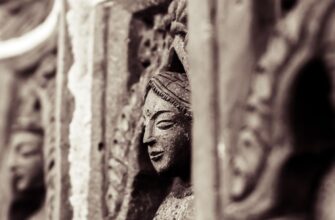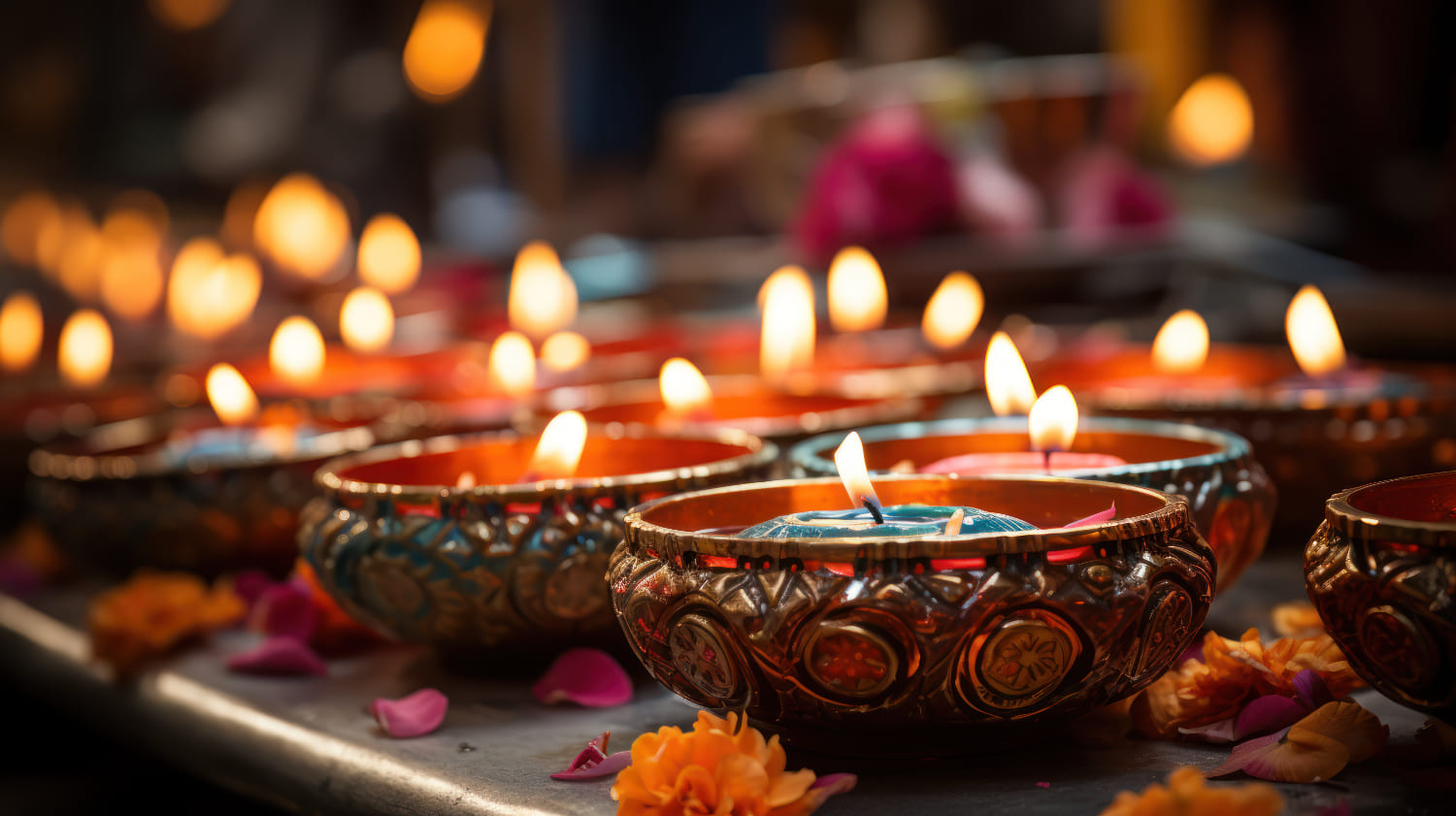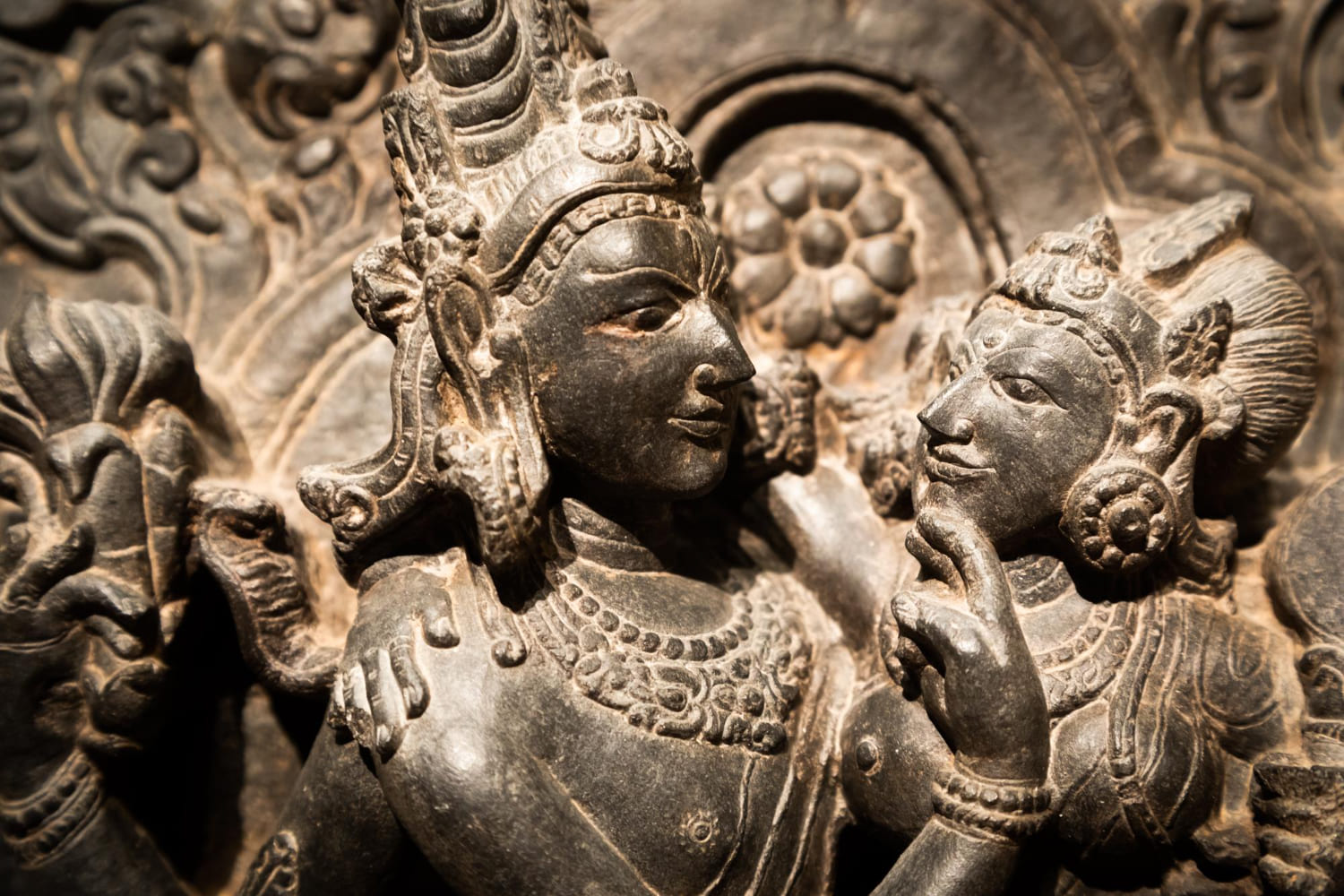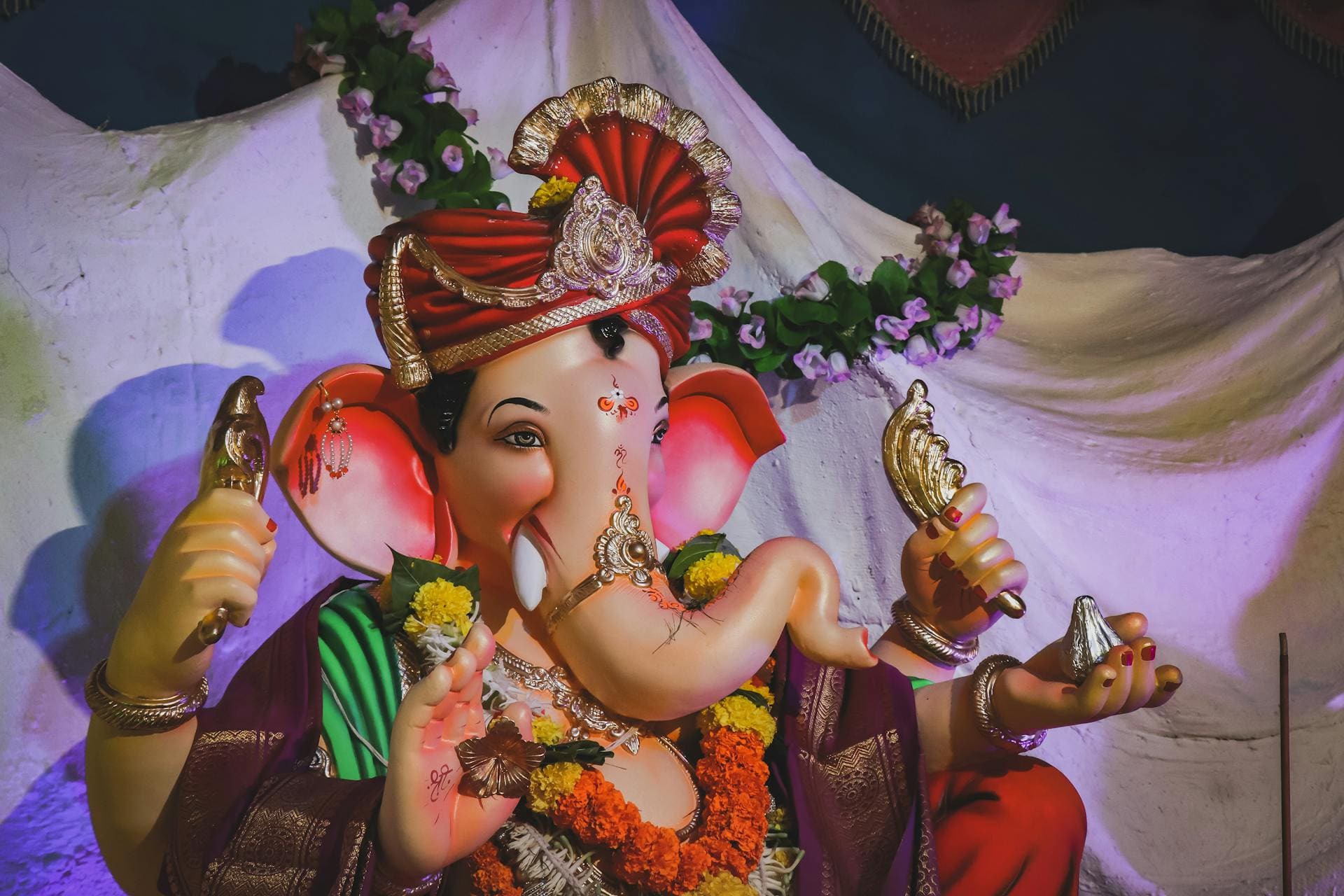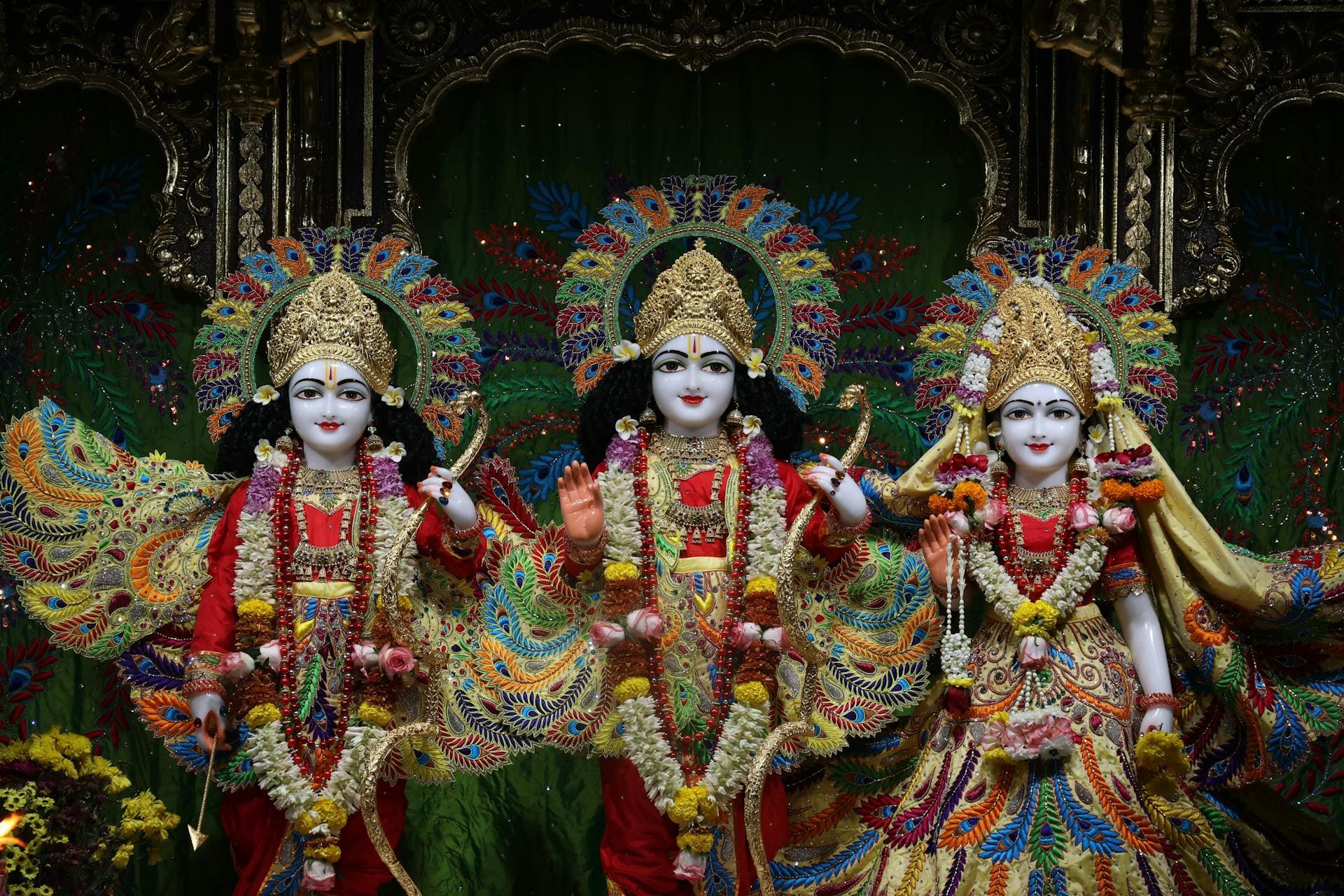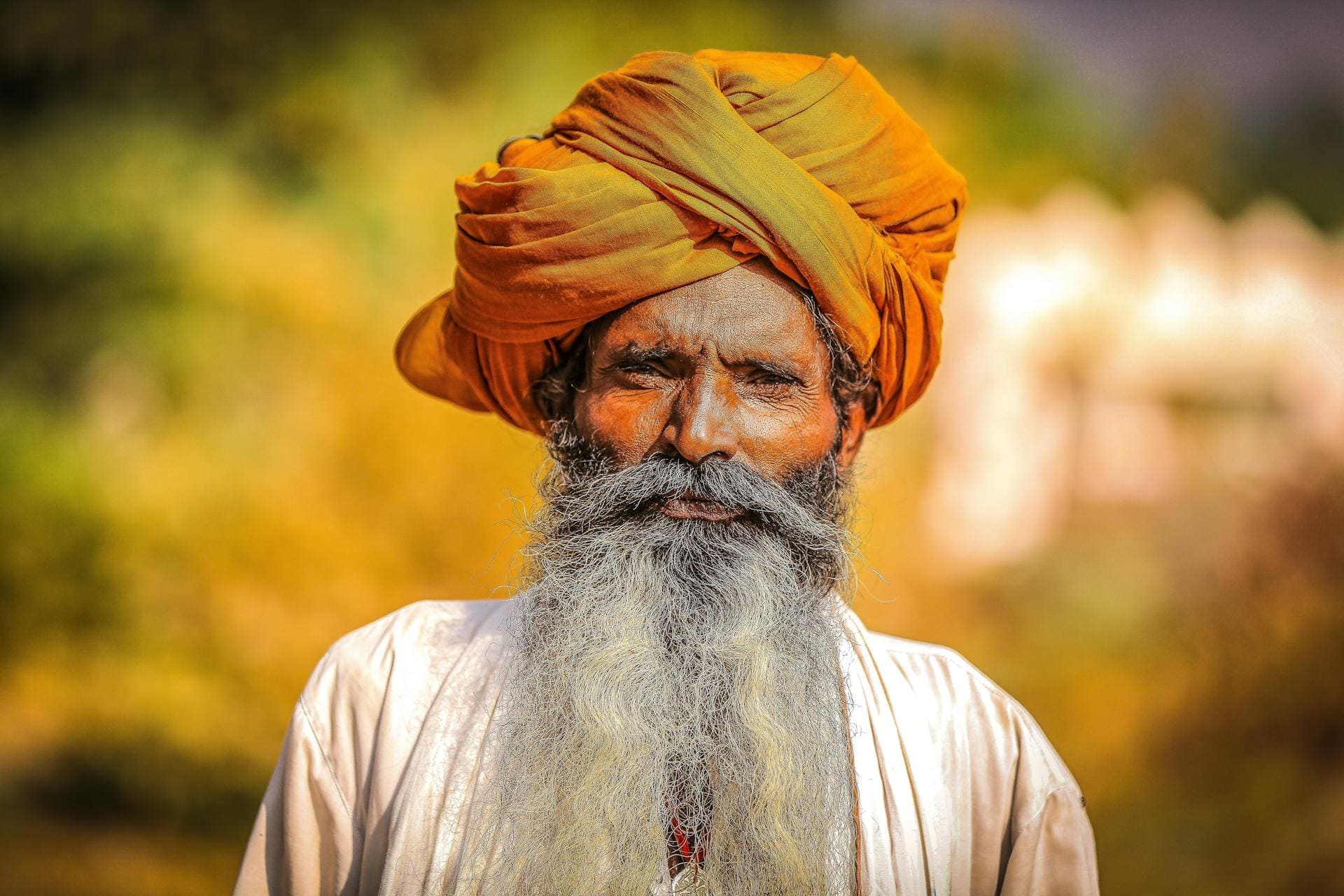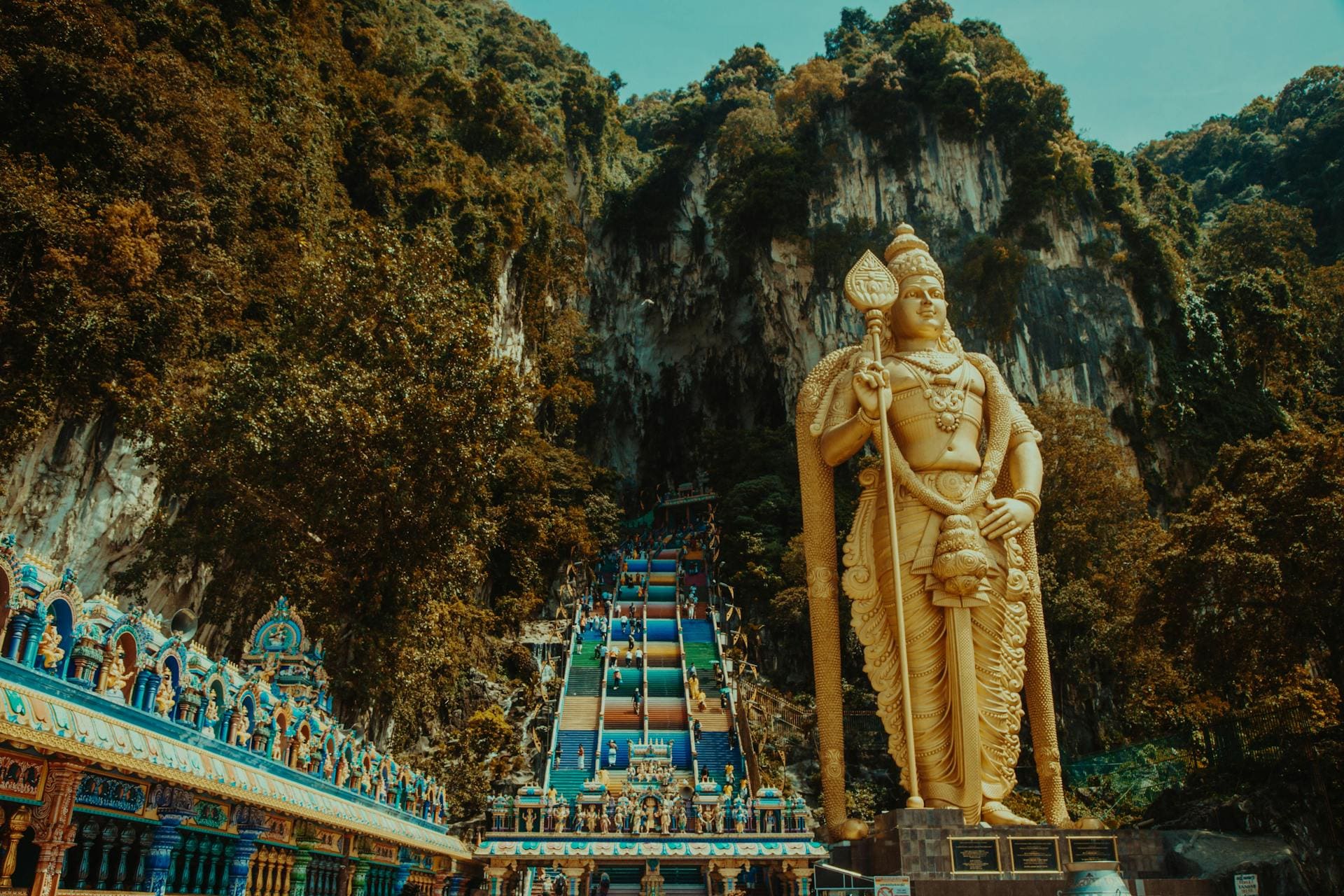Certain types of dress can be incredibly important to different religions, and some are even thought of as holy.
Headdresses, in particular, have many different historic and religious meanings, but do Hindus wear turbans?
Yes, Many Hindus wear turbans, but they are not considered to have a particular religious significance within Hinduism. This headdress is worn all over the world and it is a symbol of faith in Sikhism.
Read ahead to find out more about what a turban is, and what importance it has within certain cultures and communities.
What Is A Turban?
A turban is a general term used to describe headwear that is based on cloth being wound around the head.
There are many different variations of the turban, and it is a customary and traditional form of headwear in many a large number of different places.
They come in all kinds of different shapes, styles, sizes, and colors.
The cloth itself is usually less than five meters long, and most are wound into place when they are put on, however, some versions are permanently sewn onto a foundation to keep their shape.
Turbans are worn all over the world, and there are national styles that are specific to many regions, including:
- East Africa
- Arabian Peninsula
- Afghanistan
- Bangladesh
- Myanmar
- Malaysia
- India
- Indonesia
- Nepal
- Pakistan
- United Kingdom
- Greece
- Vietnam
It is a very versatile and highly common item of clothing. Turbans are practical as well as being considered customary and even religiously or culturally significant by some.
Are Turbans Important To Hindus?
Although many Hindus do wear turbans, all across the globe, they are not considered to have any particular religious significance within Hinduism.
Many Hindu monks wear turbans, for example, but it is not thought of as a religious item as much as a cultural one. Rather, this headdress is simply a traditional norm for many people, including those who practice the Hindu religion.
One of the reasons why turbans are relatively common headwear for Hindus is because of their historical position as a symbol of status in India.
In What Religion Are Turbans Significant?
There is a religion in which the wearing of a turban is considered a symbol of great significance, and that is Sikhism.
The importance of the turban in Sikhism all leads back to one particular story. In April 1699, Guru Gobind Sing (the 10th and final human guru of the Sikh faith) brought all of his followers to the city of Anandpur where he performed the Khalsa and issued a number of decrees that most Sikhs still live by today.
One of the most important of these outlined five important articles of the Sikh faith that followers of the religion try to wear at all times. They are known as the “5 Ks”:
- Kesh: Keeping uncut hair, maintained in a turban
- Kara: A round bracelet
- Kirpan: A ceremonial sword
- Kanga: A small wooden comb
- Kachhera: Cotton shorts
The turban was, at the time, considered a status symbol and was a way to differentiate between those of importance.
Guru Gobind Singh introduced it as a holy symbol for the Sikh faith both to give his followers spiritual strength and show that they are all equal and noble in the eyes of God.
What Is The History Of The Turban?
References to the turban as a specific item of clothing date back nearly 4,000 years, to Mesopotamia and ancient India.
There is even a royal Mesopotamian sculpture created around 2350 BC that is wearing a turban-like garment. The exact origins of the turban are unclear, but it has certainly been highly important throughout history.
In 8th century Egypt, for example, turbans of different colors were used to identify people from different cultures.
Before the 1500s in century India, only high officials and the royal entourage were permitted to wear them.
When the Mughal Empire took over in the 16th century, India was under Islamic rule, and the turban became used as a way to segregate the population.
One of the most controversial emperors, Aurangzeb, attempted to prevent non-Muslims from wearing them, but much of the Sikh population defied this rule.
When the British arrived, many Indian people were incorporated into the British Indian Army, and turbans became mandatory for all soldiers to create a sense of unity.
They continued to be worn by Sikh soldiers into the First and Second World War.
Summary
So, do Hindus wear turbans? Many Hindus certainly do wear them, but they are not considered an item of spiritual or religious importance in the same way as they are for Sikhs.
The turban is a very versatile and diverse headdress that is customary, traditional, or simply practical in many different cultures and communities around the world.
In Sikhism, however, the turban is worn as a symbol of faith and is used to maintain uncut hair and reinforce the idea that all human beings are considered equal.
